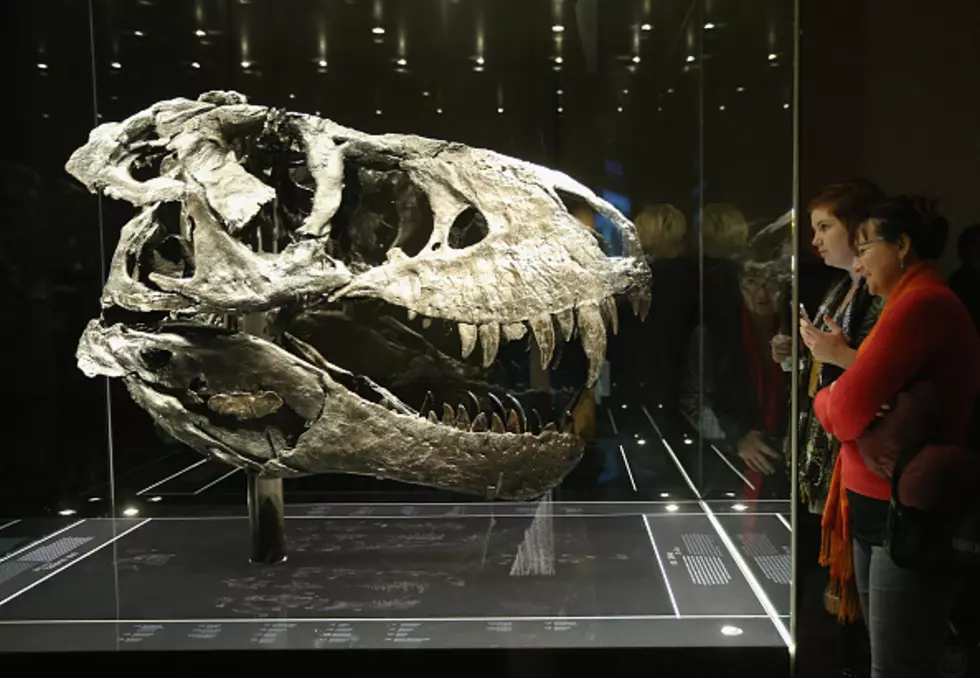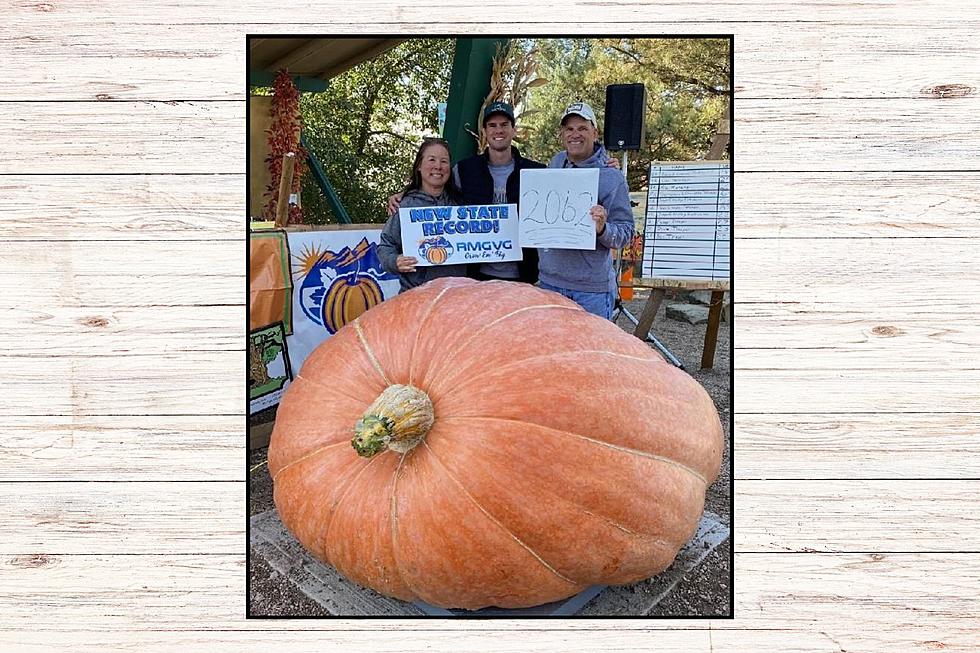
Wyoming Coal Unearths New Evidence In Dinosaur Extinction Theory
If you ask someone today what killed the dinosaurs you'll probably be told about a massive meteor that struck the earth, somewhere around what we now call the Yucatan Peninsula.
The story goes that the massive strike shot debris so high into the atmosphere that the planet's climate changed for several thousand years.
Dinosaurs were not able to survive the new cold climate.
Well - MAYBE!
The meteor theory has been the most excepted theory based on the evidence we have had so far.
The Chicxulub asteroid theory:
Sixty-six-million years ago, a nearly nine-mile-wide asteroid collided with Earth, sparking a mass extinction that wiped out most dinosaurs and three-quarters of the planet's plant and animal species. Now we're learning that the Chicxulub asteroid also generated a massive “megatsunami” with waves more than a mile high.
If you know anything about science you know that it's never really settled and the debate is never really over.
New evidence shows that the planet was already cooling before that meteor hit.
The evidence also shows that the impact would have only affected whatever was living around that tropical region.
Evidence is being explored that shows a long crack in the Earth, on the other side of the planet, that was spewing volcanic material into the atmosphere for a long time.
That long-lasting eruption was choking out sunlight, killing vegetation, and starving out the larger animals. Also, cooling the planet.
This new evidence is found in microbe records found in - COAL!
Coal from all over the planet shows this trend in cooler weather, along with other evidence of the eruption, long before the impact.
Some of this evidence is found in places like the coal mines of Wyoming.
The deeper we dig the farther back in time we go, the more evidence is found.
This does not mean that this new theory is true.
Like the old theory about what killed the dinosaurs, it's just a theory.
But this new evidence has the scientific community talking and looking for clues.
Stay tuned, your history books might change again.

